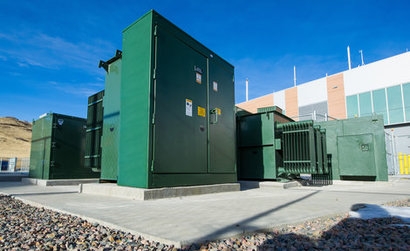
Cornwall Insight’s latest data estimates almost 10 percent of grid capacity will be provided by battery storage by 2030, costing an estimated £20 billion.
Over the next decade battery storage will need to increase to address stability and flexibility requirements in the energy market, this is driven by significant changes to the technological make-up of the system including the increase in intermittent energy sources such as solar and wind power.
While battery storage is set to grow in the immediate future with the T-4 2025-26 Capacity Market auction adding 2.6 GW, which on top of the existing storage capacity leaves around 4 GW of battery storage in the system, it will need to continue this upward trajectory to meet energy market requirements.
Although the cost of batteries is expected to fall as more are deployed, materials costs following the wider rise in commodity prices across the world and supply chain issues in major battery production centres are still likely to be the main hurdle for a major roll out of battery projects.
“Up to 2030 and beyond, the GB energy market will face a significant transition towards a renewables led supply, as we aim to reach our ultimate goal of net zero by 2050” said Tom Edwards, Senior Modeller at Cornwall Insight. “With all coal capacity due to close by April 2024 and nuclear and combined cycle gas turbine capacity ageing and approaching retirement, a significant investment will be needed to develop new technologies to compensate for these capacity losses while delivering on the government's offshore wind targets and net zero legislation.
The shift in power markets will significantly alter the operation and development of the power generation mix, making prices more volatile and more exposed to weather and demand patterns. This will necessitate the development of back-up technologies to carry the system through when the wind does not blow, and the sun does not shine.
While battery storage is growing at the moment, significant barriers including material costs and supply chain concerns may slow deployment. If, as we estimate, battery storage is to make up nearly 10 percent of GB generation capacity by 2030, the current increase in battery storage needs to be maintained and even exceeded, this will require a significant chunk of the government’s technologies financing.
Batteries are by no means the end of the story and to meet energy market requirements and ensure a stable supply for consumers, other technologies including long-duration storage, hydrogen, nuclear, interconnection and CCUS will also need significant investment.”
For additional information:

